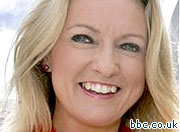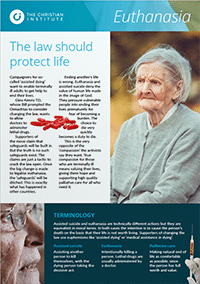People in Northern Ireland are to be asked their views on “presumed consent” for organ donation in the province.
Currently people choose to donate organs after they die, but a change in the law would bring in a controversial “opt out” system where patients are presumed to have given their consent.
It comes as calls are being made for doctors to monitor patients whose blood has stopped circulating for at least five minutes before pronouncing them dead.
Dead
Doctors have previously raised concerns about the way an opt-out system for organ donation may encourage doctors to harvest organs from patients who are not quite dead.
It was announced last year that five patients were declared dead, only for their hearts to start beating again, leading to a safety alert from the National Patient Safety Agency.
Alex Manara, consultant anaesthetist and organ donation expert, told a conference in Barcelona these instances could be avoided by having a minimum standard for confirming circulatory death.
Monitor
Standard practice in the UK is to monitor the patient for five minutes before confirming death, but Mr Manara said globally there needs to be “a practical and concrete definition of death”.
In Northern Ireland, Ulster Unionist MLA Jo-Anne Dobson is to introduce a private member’s bill for “opt-out” organ donation following a consultation.
She said a change in the law is needed to “increase supply and save lives”.
Proposals
A vote on the proposals is expected before the end of the year.
There have been stories of patients who have woken up as their organs were being removed.
French newspaper Le Monde ran an article in 2008 about a 45-year-old Parisian who began to show signs of life just as transplant surgeons were about to harvest his organs after failing to resuscitate him.
And Zach Dunlap says he remembers hearing doctors pronouncing him dead on 19 November 2007 at a hospital in Texas. But then he started showing signs of life by moving his hand and foot and was later discharged from hospital.


